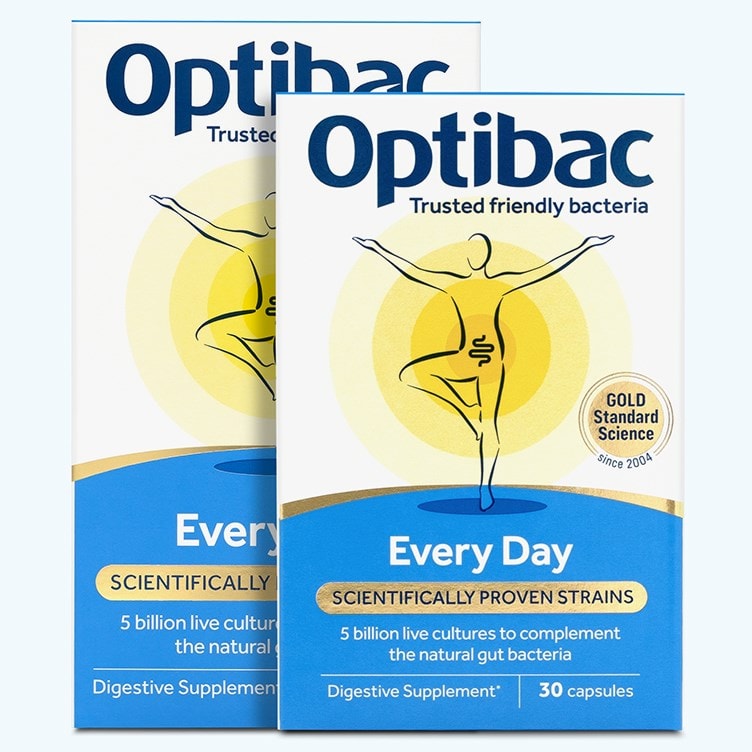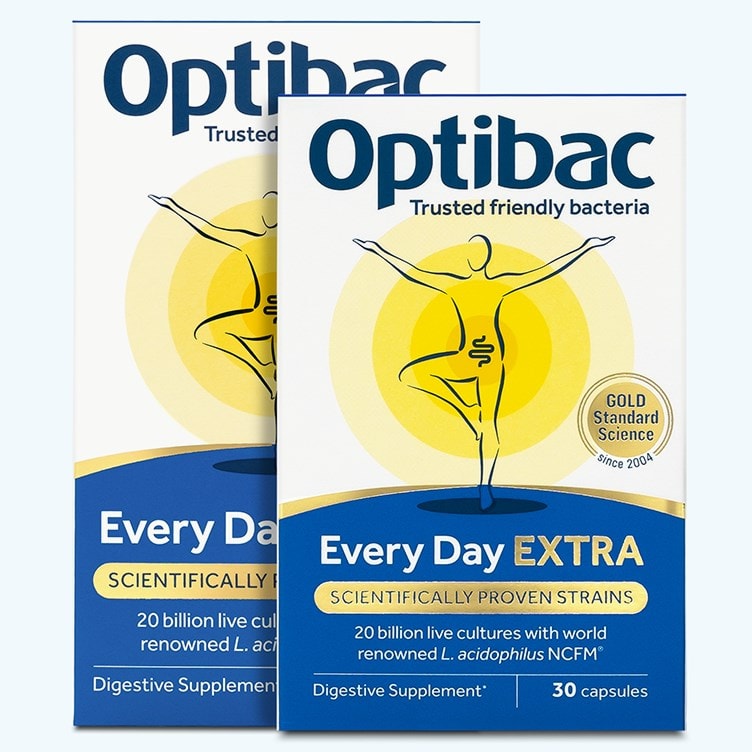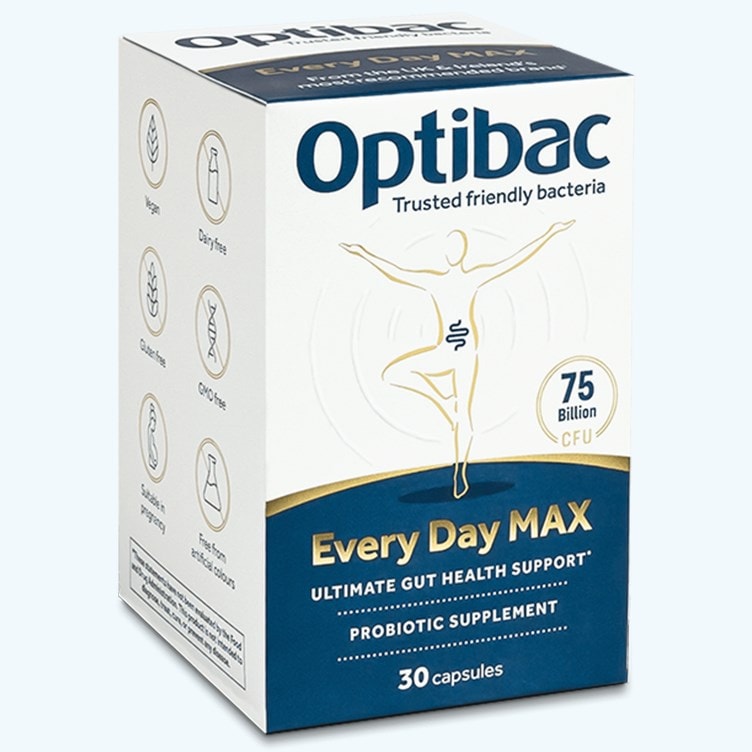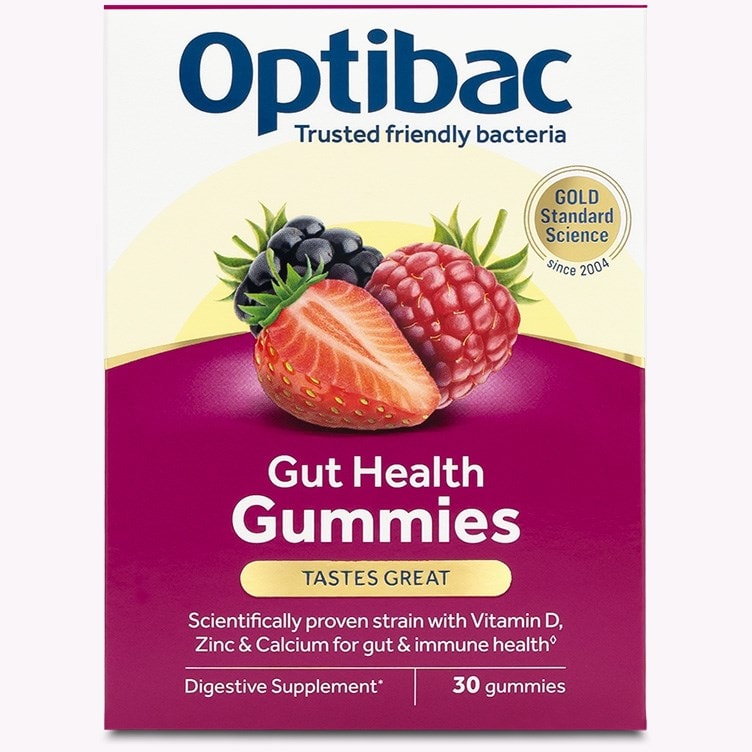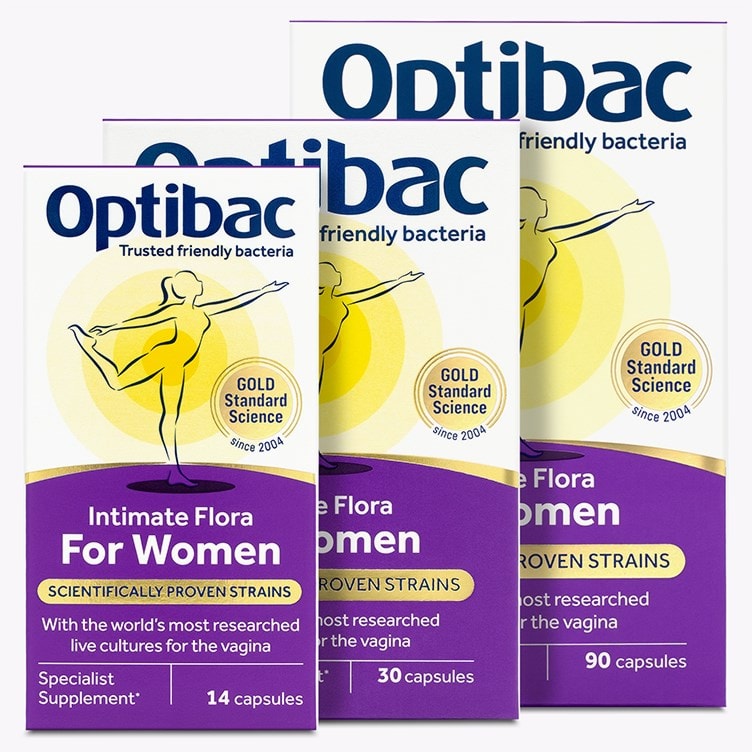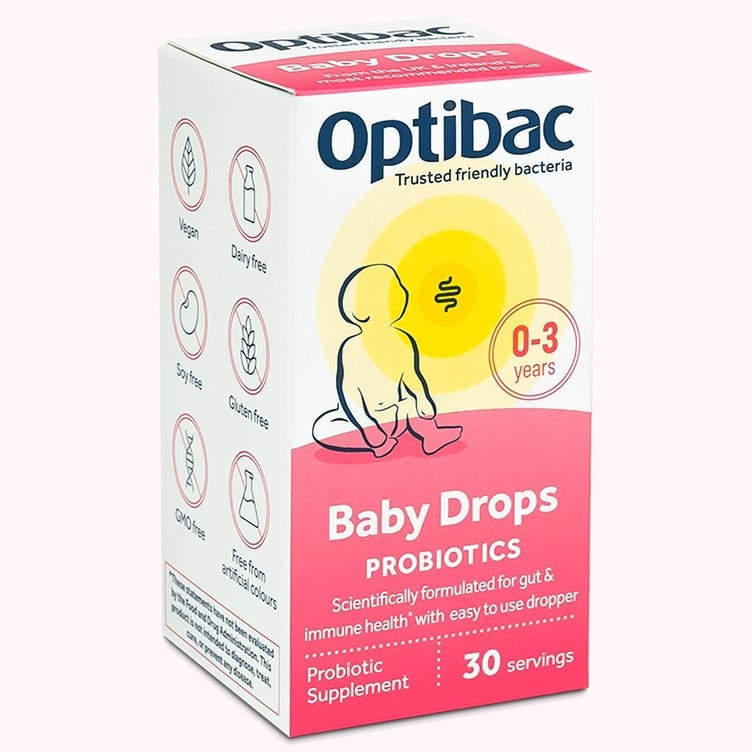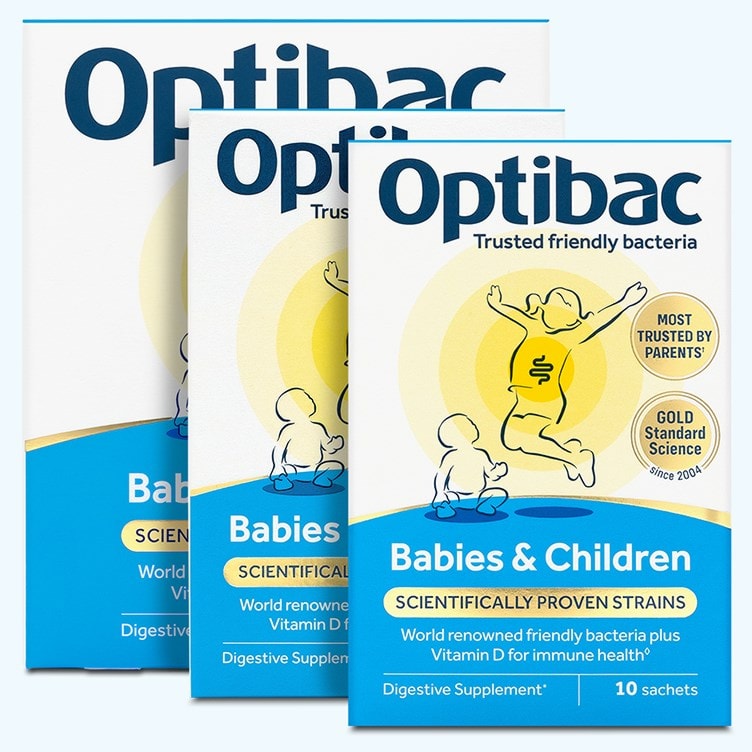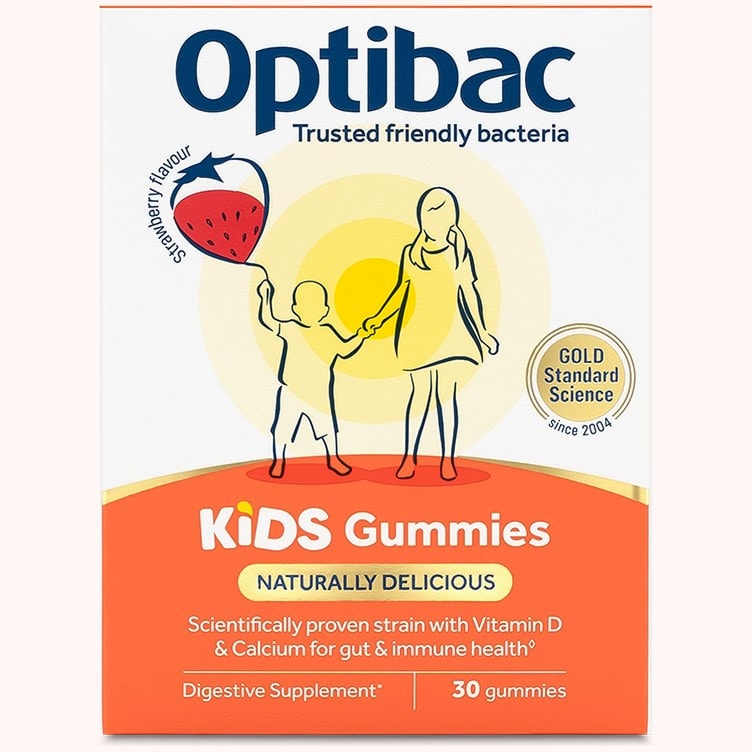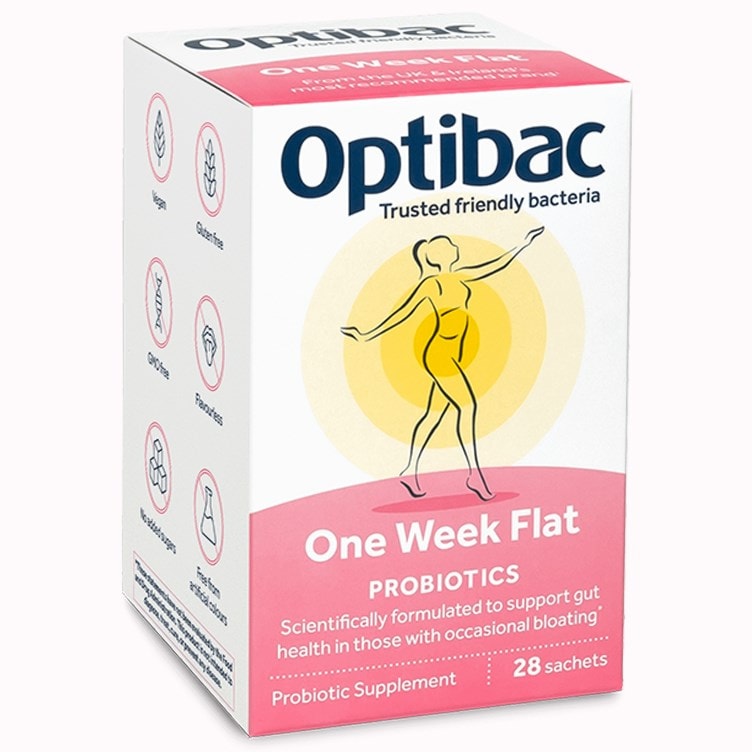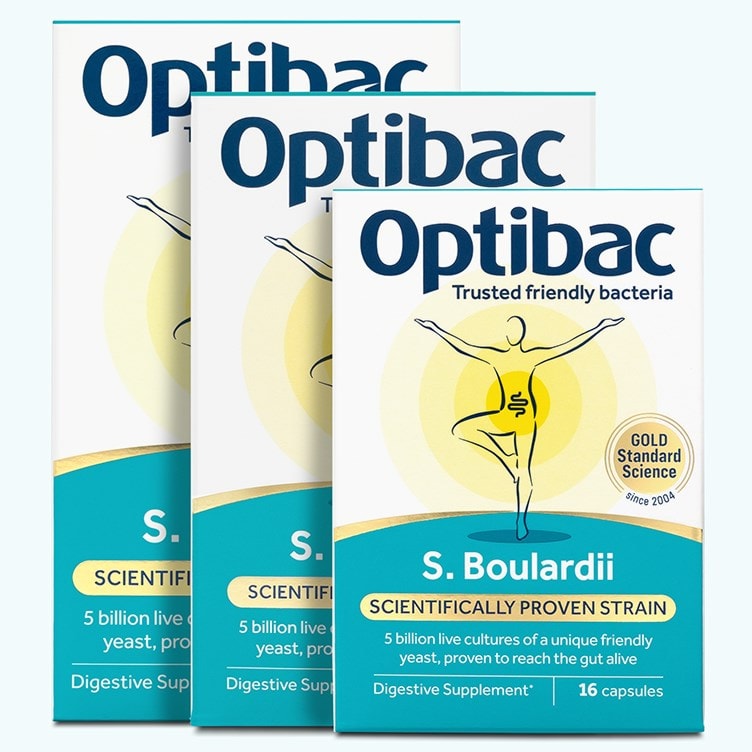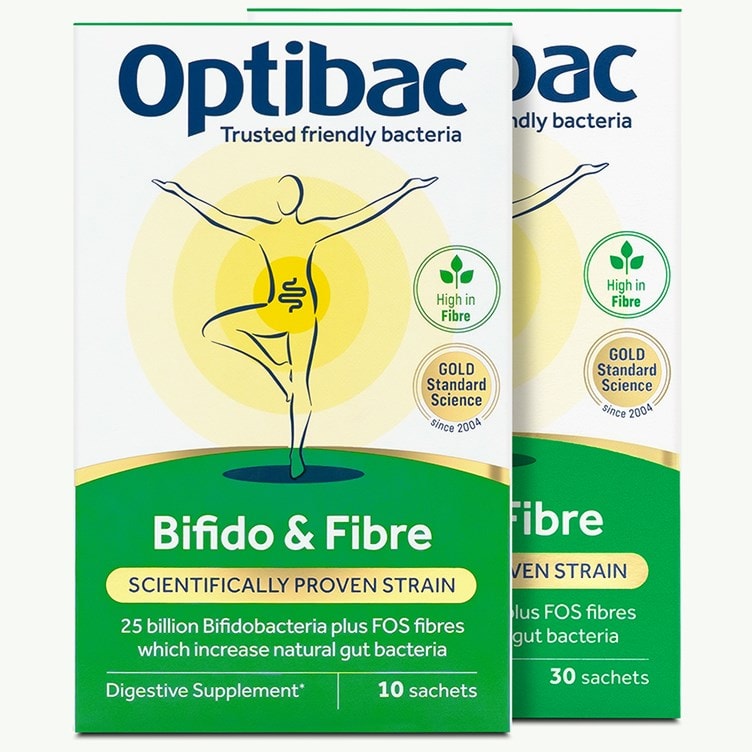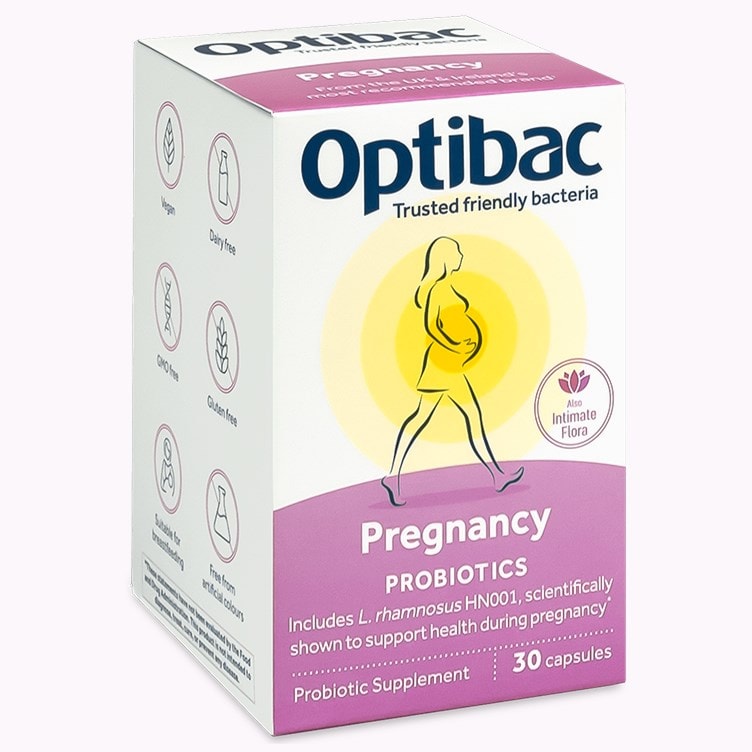What are probiotics?
If you're new to the world of probiotics, also known as friendly bacteria or live cultures, it can be very confusing. In simple terms, we all play host to trillions of tiny micro-organisms, most of which reside in our gut. Some of these are friendly towards their host, and some are not! It's normal to have a mix of good and bad bacteria in the gut microbiome, but an ideal balance is to have more good than bad. Modern living can affect this delicate balance, which is why many people take live cultures supplements containing friendly probiotic bacteria to help complement the natural gut microbiome. If you would like to find out more about good bacteria, head over to the Probiotics Learning Lab.
Should I take probiotics in capsules, tablets, liquids, gummies or powders?
Probiotic supplements come in many different formats.Should you choose probiotic capsules, tablets, pills, or powders? Are gummies effective? Are liquid supplements better? Don't worry, if you buy your probiotic supplements from a trusted specialist company, all formats will be equally as effective, so just choose the format and strains which suit you best.
Find out more about choosing the best probiotic supplement.
Is it ok to take probiotic supplements every day?
Yes! It is both safe and recommended to take your favourite probiotic supplement on a daily, ongoing basis. Research12,13,14 suggests that probiotic bacteria only colonise in the gut for a few weeks, so it's a good idea to have a regular intake of live cultures.
Can I open probiotic capsules?
It's absolutely fine to open Optibac Probiotics capsules and take the contents directly into the mouth or in cool, non-acidic food/drink, without any effect on the viability of the friendly bacteria. Encapsulated live cultures from other brands may need to remain in their capsules, however, so best check with the manufacturer.
Do Optibac Probiotics sell friendly bacteria vitamin supplements?
We certainly do! We offer a range of probiotic supplements with added vitamins and minerals for both adults and children. You can choose products with added Vitamin C, Vitamin D, Vitamin B1, Calcium, and Zinc. For more information, visit our Added Nutrients section.
To find out where else you can buy the Optibac Probiotics award-winning range, visit our FAQ.
References:
- Dronkers, T. M. G., Ouwehand, A. C. and Rijkers, G. T. (2020) ‘Global analysis of clinical trials with probiotics’, Heliyon, 6(7). doi: 10.1016/j.heliyon.2020.e04467.
- Probiotics. (2022). NHS Retrieved 31 March 2022, from https://www.nhs.uk/conditions/probiotics/
- Markowiak P and Śliżewska K (2017) Effects of Probiotics, Prebiotics, and Synbiotics on Human Health. Nutrients, 9(9): 1021
- Satish Kumar L, Pugalenthi L, Ahmad M, et al. (April 18, 2022) Probiotics in Irritable Bowel Syndrome: A Review of Their Therapeutic Role. Cureus 14(4): e24240. doi:10.7759/cureus.24240
- Messaoudi M. et al., (2011), ‘Assessment of psychotropic-like properties of a probiotic formulation (Lactobacillus helveticus R0052 and Bifidobacterium longum R0175) in rats and human subjects’. British Journal of Nutrition, 105(5):755.
- Jespersen L. et al., (2015), ‘Effect of Lactobacillus paracasei subsp. paracasei, L. casei 431® on immune response to influenza vaccination and upper respiratory tract infections in healthy adult volunteers: a randomized, double- blind, placebo-controlled, parallel-group study’. Am.J.Clin.Nutr., 101:1188-1196.
- Patole et al. (2014). Effect of Bifidobacterium breve M-16V® supplementation on faecal Bifidobacteria in preterm neonates- a randomised double blind placebo controlled trial . PLoS one, 9 (3): e89511.
- Sudha, M. R. et al. (2018) ‘Efficacy of Bacillus coagulans Unique IS2 in treatment of irritable bowel syndrome in children: a double blind, randomised placebo-controlled study’, Beneficial Microbes, 9(4), pp. 563–572. doi: 10.3920/BM2017.0129.
- Gawronska, A. et al. (2006) ‘A randomized double-blind placebo-controlled trial of Lactobacillus GG for abdominal pain disorders in children’, Alimentary Pharmacology & Therapeutics, 25(2). doi: 10.1111/j.1365-2036.2006.03175.x.
- Slykerman R et al. (2017). Effect of Lactobacillus rhamnosus HN001 in pregnancy on postpartum symptoms of depression and anxiety: a randomised double blind placebo controlled trial . EBioMedicine, 24, 159-165.
- Morelli L. et al., (2004), ‘Utilization of the intestinal tract as a delivery system for urogenital probiotics’. J. Clin. Gastroenterol., 38(6 Suppl): S107-10.
- Mimura, T. et al. (2004). 'Once daily high dose probiotic therapy (VSL#3) for maintaining remission in recurrent or refractory pouchitis'. Gut, 53(1): 108-114
- Morelli L et al., 2004. 'Utilisation of the intestinal tract as a delivery system for urogenital probiotics'. Journal of Clinical Gastroenterology; 38(6): 107-110
- Jacobsen et al., 1999. 'Screening of probiotic activities of 47 strains of Lactobacillus spp. by in vitro techniques and evaluation of the colonisation ability of 5 selected strains in humans'. Applied and Environmental Microbiology; 65 (11): 4949-4956
* + An independent survey on probiotics of 1,000 people across the UK, August 2020. See T&C's for more details.
* Probiotics, also known as ‘live cultures’ or ‘friendly bacteria’, are good bacteria which live in the gut and are considered to be vital for good digestive and overall health2,3.
